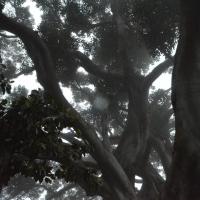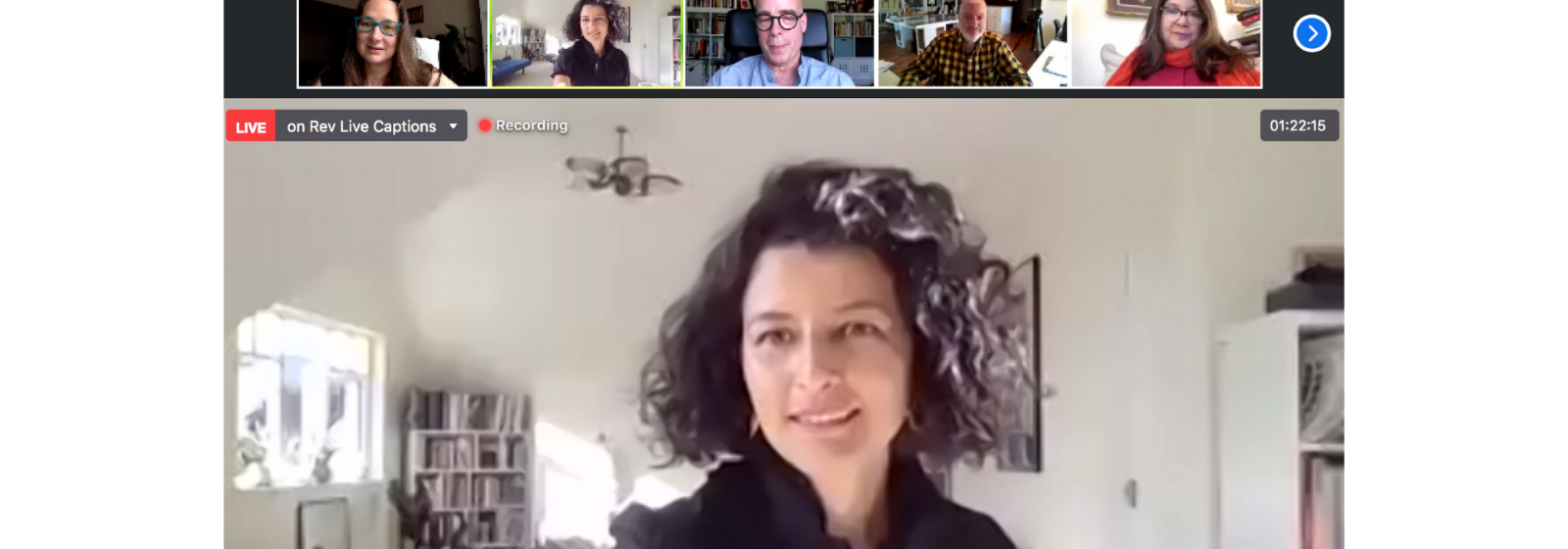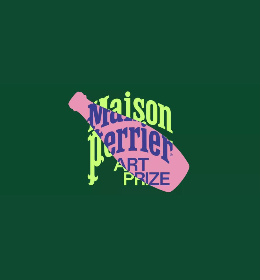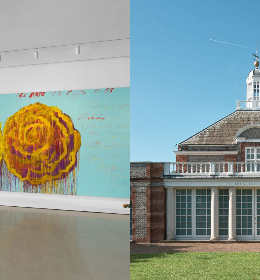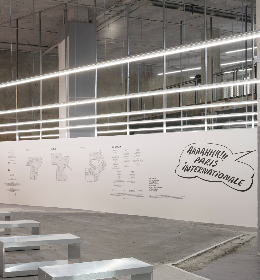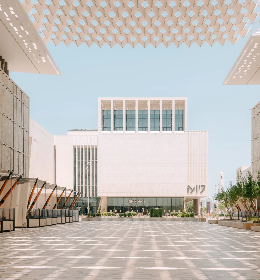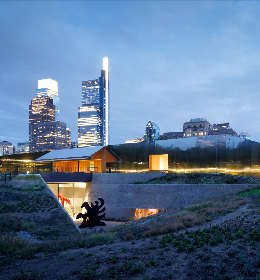Like water, they are pushing through every avenue using creativity to the maximum to keep society motivated, hopeful, and thinking. Recently, I spoke with artist, author, and director of Praxis Center for Aesthetics, Brainard Carey, based in both New York and Connecticut, about his New Conversation series on Zoom, which began in April. Carey responds eloquently via email, “With such sweeping changes happening in the art world, from trustees being removed through protests and the global unrest that is challenging how we see ourselves in the global conversation, it seemed there was a space for a new kind of exchange that felt more like a community. I have done almost 1400 interviews for Yale radio and could have continued with that (which I am) but the Zoom series creates a way for participants to ask questions and move the conversation in a direction I might not choose and I like that. We are all in this lockdown together, and the issue of “the art world conversation” is changing. For artists and curators, it is developing, and vital to both visions of what the future art world might look like. Essentially I wanted to talk to more people and not be the one asking all the questions so we get different perspectives.”
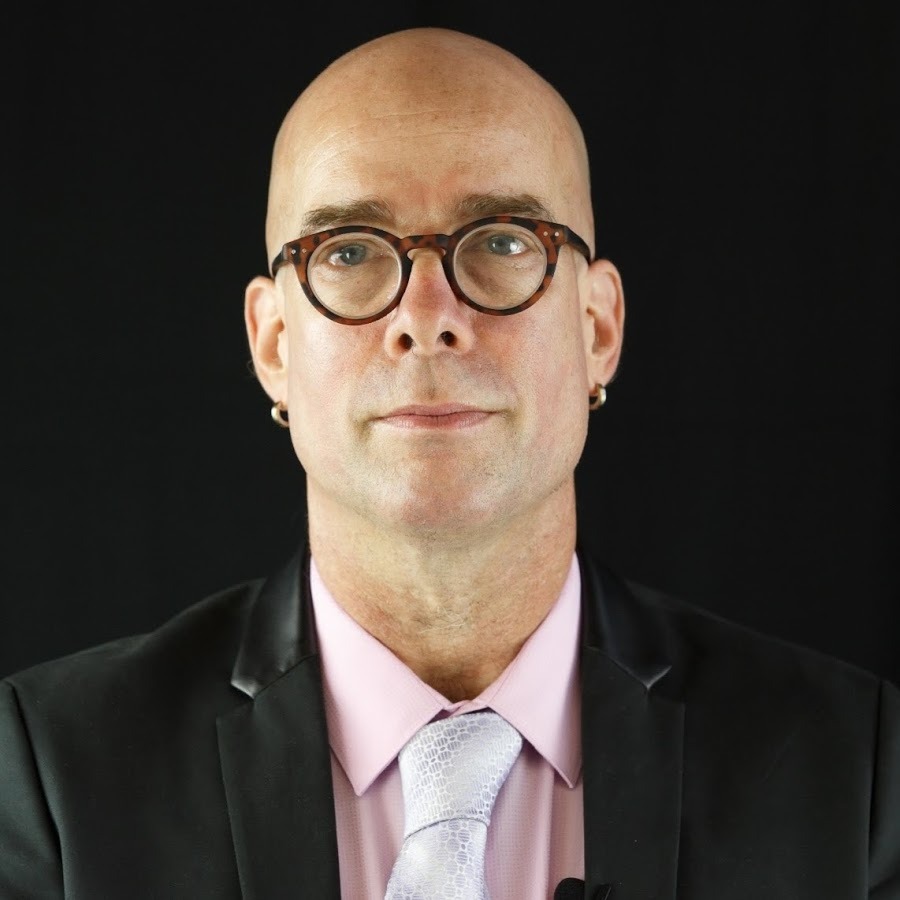
Photo of artist Brainard Carey
I have attended all of these conversations to date and can attest to the tremendous success of this series, which opened to a full house of 100 participants, with others having to be turned away at the virtual door, because of limits set by the platform. The sessions have all been recorded and are available on Brainard Carey’s YouTube channel and he has distributed them to his extensive mailing list included the chats which can also be saved through the Zoom platform enabling a record of participants who choose to ask questions both directly and indirectly.
In some subtle way, I think this brings these major moguls in the art world down to the level of the unknown artist, it allows for discourse to happen with an equality, unmatched and previously unimaginable. In April, David Ross, Chair of the MFA Art Practice program at the School of Visual Arts started the series and shared an idea he loosely quoted from the poet Ina Garten that we are not entering another great depression, but a Great Compassion. I wondered how Carey had chosen the different speakers who range from curators, to directors, arts activists, and even wellness practitioners from unique and varied backgrounds. Carey shared, “ Some of them I knew from the Yale interview series and some are new. I wanted speakers who are in the art world as curators and in touch with current institutional decision-making. I think the direction of the series will be guided by the participants asking questions, and I expect to have more curators, and other participants in the art world who are interested in discussing the difficult topic of where we are going, collectively, in the art world.”
I wondered if there were any unexpected results of these conversations, Carey confirmed, “I am surprised so many attend when there is a glut of Zoom talks these days! I am surprised by the topics that come up and can be difficult to answer, like ageism in the art world and a critique of the role capitalists and patrons play in the current crisis we are in.” Clearly, there is a thirst for these conversations as there are indeed so many competing online. The topics covered are crucial and reveal a sense of urgency that has come to the surface as many artists usually support their practice through variant revenue streams and are now scrambling to put canceled shows online, find new options for web-based work, and are applying for relief funds and grants.
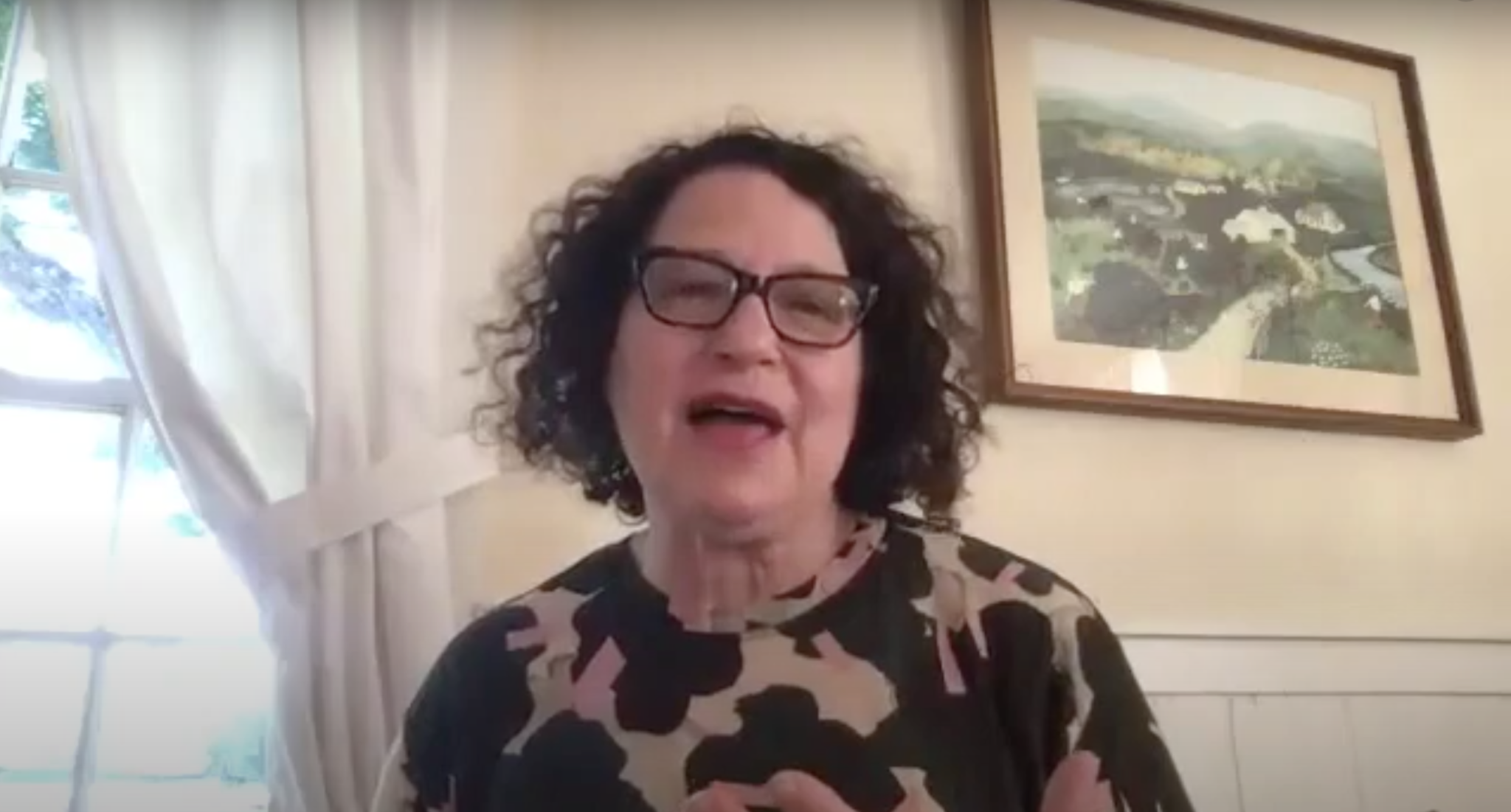
Conversation with curator of Wallach Art Gallery Betti-Sue Hertz
“There was a heated moment in the talk with Fatos Ustek about ageism that was very difficult to address adequately but I think is one of the more important issues, the idea that younger artists are more valued than older ones and should be explored more,” Carey shared.
It is true that many artists who are in their 40’s were already too old when grants for emerging artists became more prevalent or started their careers later because of family commitments. The crisis puts them at a great risk and artists are daring to demand why certain limits on age are so prevalent in the art world. In one of the most recent conversations, Carey brought up the topic of terminology- which words we use to describe female versus male artists. He was speaking with Betti-Sue Hertz, Director and Chief Curator of Wallach Art Gallery of Columbia University. This was a crucial moment for me in the conversation, when he pointed out that we hear male artists described as geniuses, but not female artists. I had not thought about this directly, but immediately I could confirm this in my mind. There is so much that needs to be discussed and changed and a lot can come from just one conversation, which reverberates as participants go back to their own communities and discuss these topics.
I wondered if Carey had any moments of epiphany, as I felt when I heard him bring up this topic of language. His answer, “my epiphany I suppose, is that Zoom can be intimate sometimes, with unscripted moments, and that is what I find powerful and also redeeming - and why I love the art world and the people in it, because artists have a message in most cases that must be heard and the new conversation is about how the voices of artists from all over the world can be heard.” Organizing projects like this can offer something transformative to both the participants and the organizers as a shared experience of metacognition; I asked Carey if this was true for him, “For me it is a community that I am inspired by. I leave the talks feeling excited by what has come up and also by the questions raised. I think it is all about the questions that remain after the talk because we are in a global space where everything is being redefined, and it is a very thoughtful space because there are no easy answers.”
As an artist taking action in my own way, through art, writing, and connecting people together, I am grateful for this wonderful new initiative and for the opportunity to meet and talk to the speakers that Carey has brought to the public through Zoom. I look forward to the next talk on August 29th at noon EST with Nayia Yiakoumaki from Whitechapel Gallery in London.
To sign up for the talks you can register here
All talks are also available afterwards on Brainard Carey’s YouTube channel. You can see the talks that have already happened and links listed below. Hope to see you join or watch the New Conversation!
Betty Sue Hertz curator of Wallach Art Gallery
Negarra Kudumu founder and director of Art+Heal
Phillip Yenawine- former Director of Education at the MOMA
Fatos Ustek- Director of Liverpool Biennial
Carol Becker- Dean of Columbia University School of Arts
David Ross- Chair of the MFA Art Practice program at the School of Visual Arts



